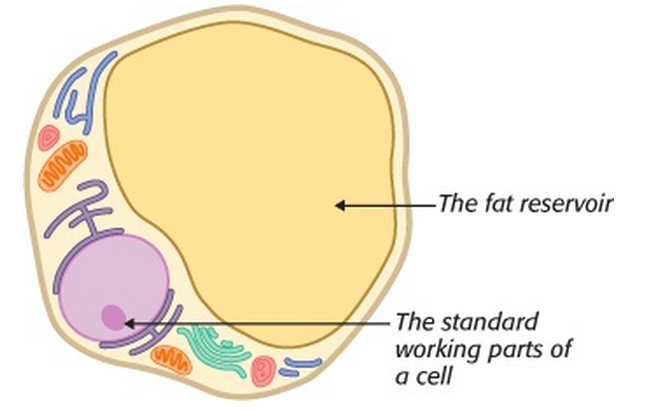Fatty15 is quickly emerging as a surprising yet powerful ally in our ongoing battle against aging and diabetes. But what exactly is fatty15, and how did dolphins lead scientists to this revolutionary discovery?
The Unexpected Dolphin Discovery
In a remarkable twist, dolphins provided crucial insights into this essential nutrient. Researchers noticed dolphins with higher levels of pentadecanoic acid (C15:0), a unique fatty acid, showed significantly lower rates of diabetes. Inspired by these marine mammals, scientists began exploring whether humans could also benefit from higher C15:0 levels. The result? A groundbreaking supplement called fatty15.
What Makes It Special?
Fatty15 is a vegan-friendly, 99% pure supplement containing the patented FA15 powder, a highly concentrated form of C15:0. This fatty acid, which naturally occurs in trace amounts in dairy and certain plants, has demonstrated impressive health benefits:
- Strengthens cell membranes by 80%, providing robust protection against cellular aging.
- Boosts mitochondrial function by 45%, significantly improving energy production at the cellular level.
- Activates vital pathways (like PPARs and AMPK) responsible for metabolism, immune responses, sleep, mood, and appetite regulation.
Fatty15 Outshines Leading Anti-Aging Compounds
A rigorous scientific study compared fatty15 to top longevity-enhancing drugs, rapamycin, metformin, and acarbose. The results were astounding:
- Fatty15: Delivered over 36 cell-repairing benefits.
- Rapamycin: Showed 32 benefits.
- Metformin: Had 17 benefits.
- Acarbose: Had just 5 benefits.
Additionally, fatty15 and rapamycin shared multiple critical anti-aging effects, such as reducing inflammation, preventing harmful cell growth, and improving metabolic health, proving fatty15 as an outstanding, natural alternative.
Fatty15 and the Fight Against Diabetes
Low levels of pentadecanoic acid (C15:0) are linked to increased diabetes risks. By replenishing this fatty acid through fatty15, individuals may significantly improve glucose metabolism and insulin sensitivity, crucial factors in diabetes prevention. This positions it not only as a powerful anti-aging agent but also as a promising strategy to combat diabetes.
Why Choose It for Your Health?
Unlike prescription medications that can carry side effects and complexities, it offers a natural, safe way to enhance overall health from the inside out. Its ability to fortify cells and support essential bodily functions makes it a revolutionary addition to any wellness regimen.
Ready to Revolutionize Your Health?
Fatty15 isn’t just another health fad, it’s backed by substantial scientific research highlighting its extraordinary benefits. Whether you aim to reduce diabetes risk, combat aging, or boost overall health, it provides a scientifically proven pathway toward achieving these goals.
Listen to our podcast.
Explore it and embrace a healthier, more vibrant life today!
Stay informed on cutting-edge health solutions by regularly visiting our website.



